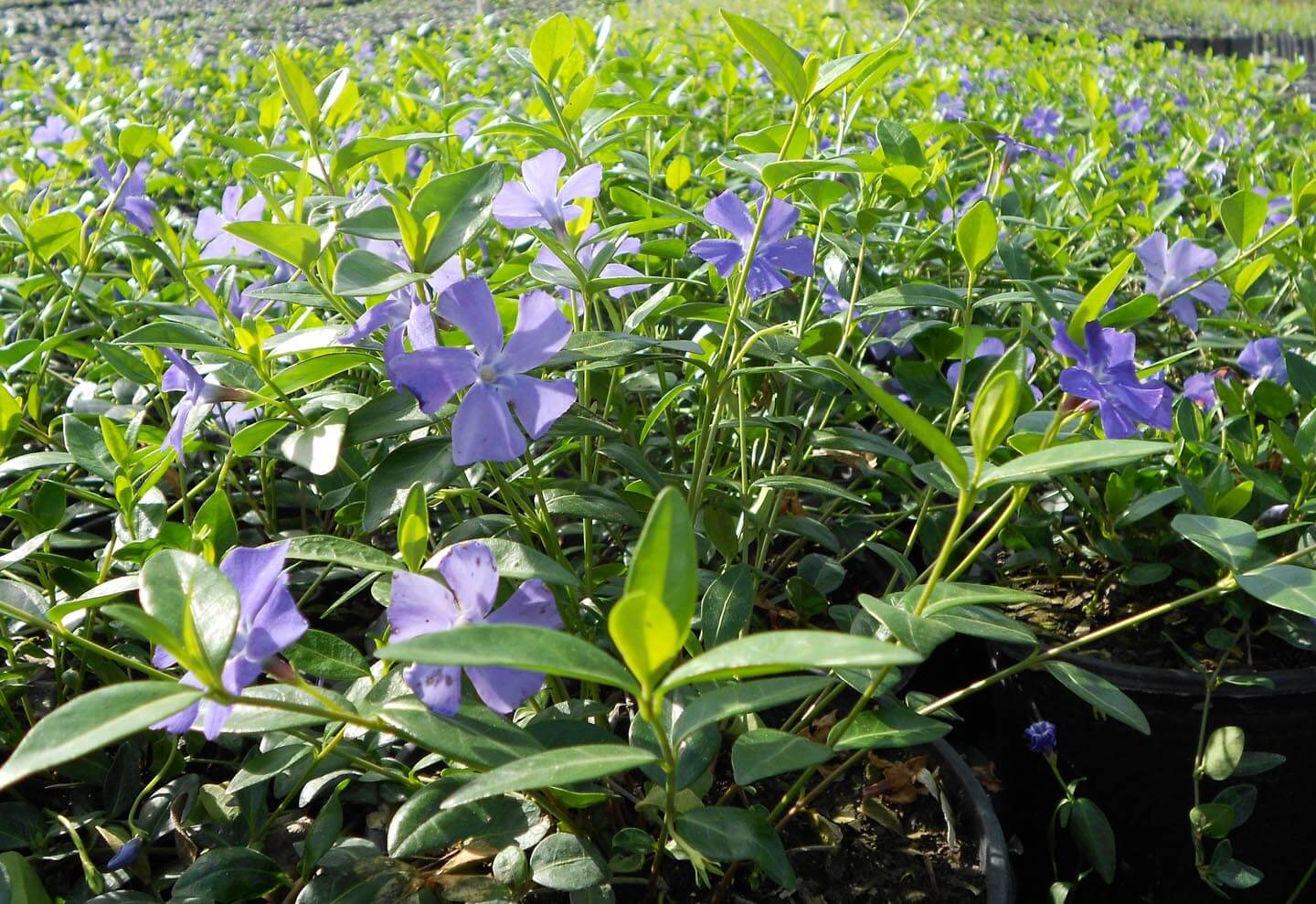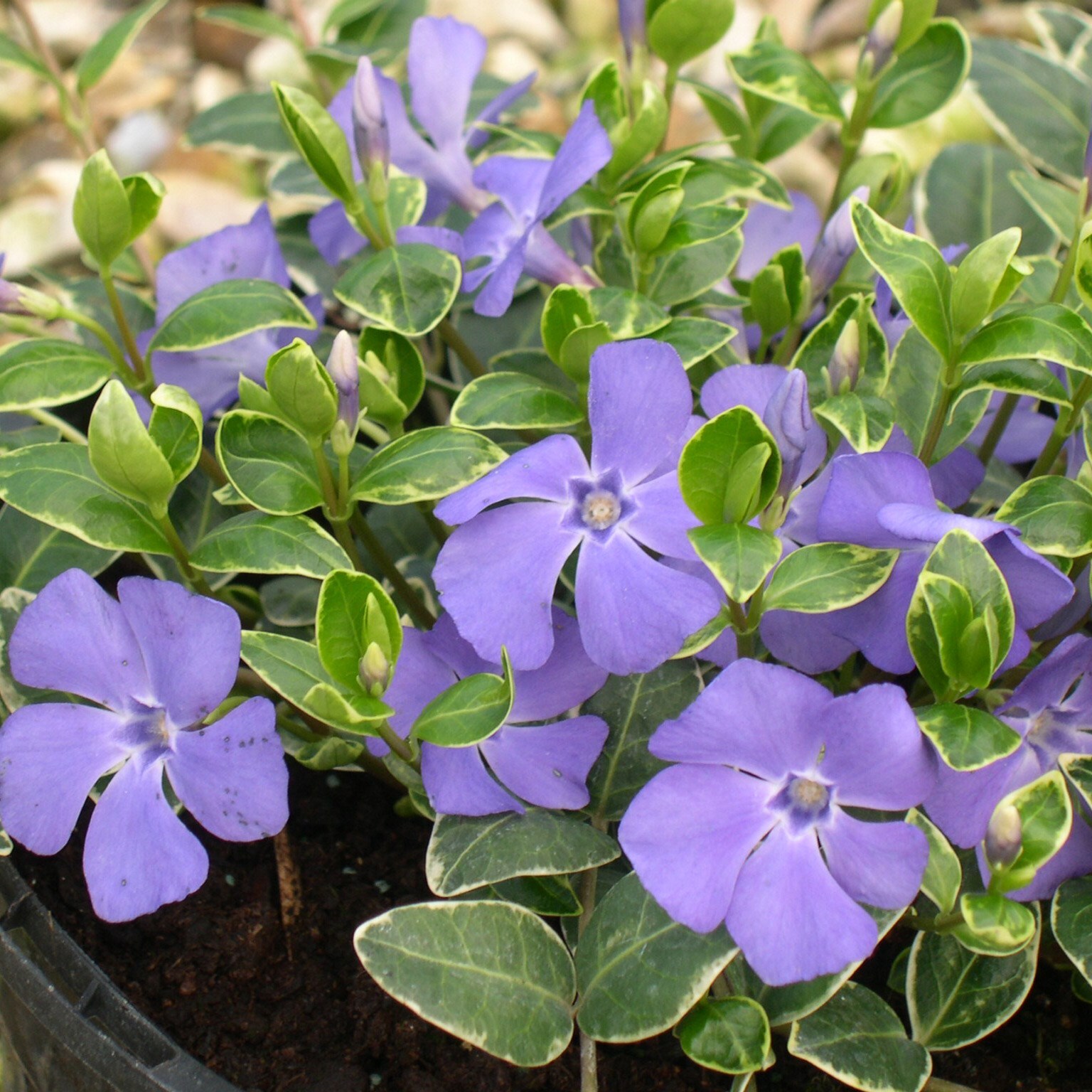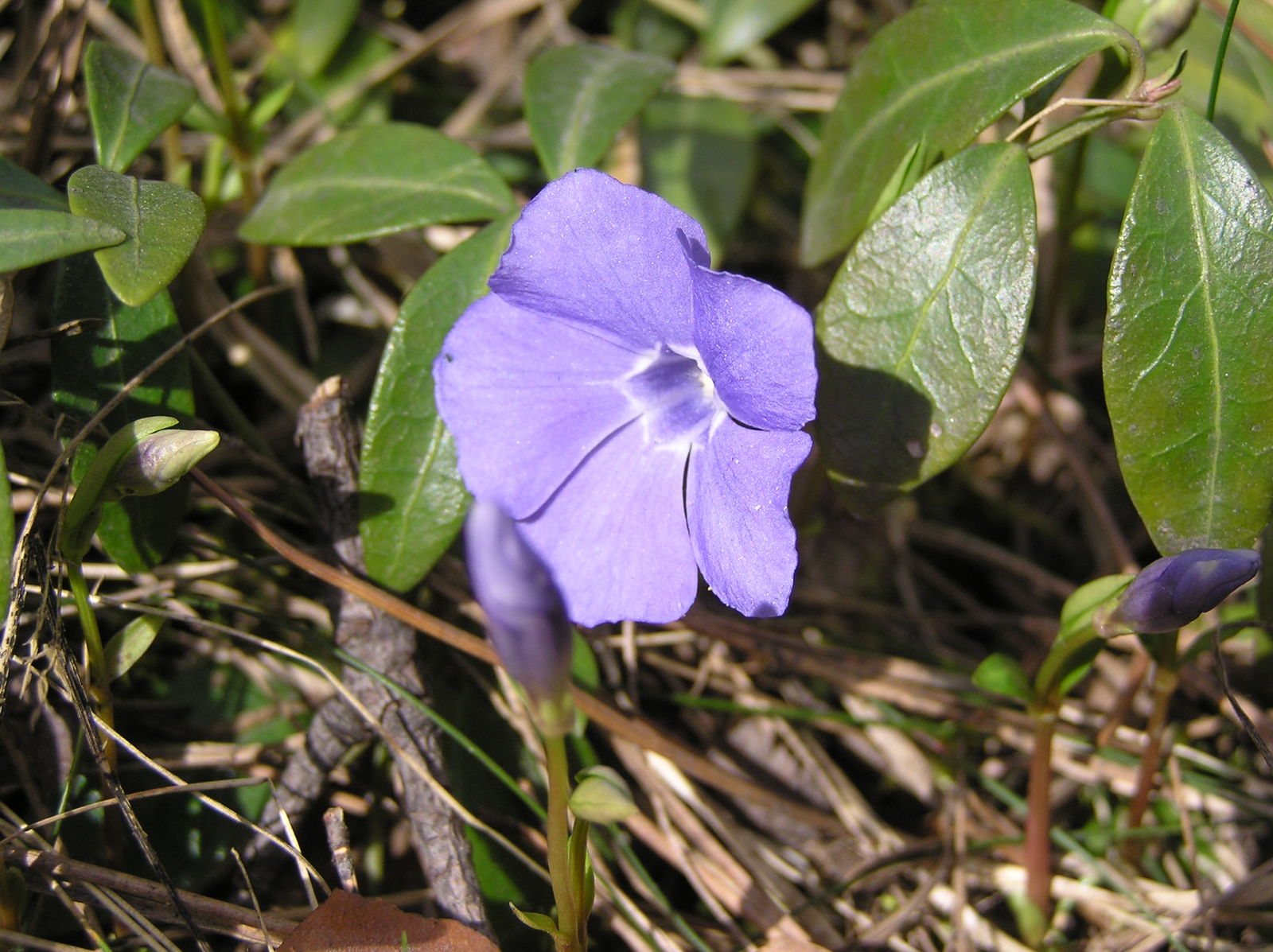

Depending on the level of exposure or ingestion, symptoms of poisoning can include: All parts of the plant contain vinca alkaloids which can cause gastrointestinal upset in horses. Are Vinca Poisonous to Other AnimalsĪccording to the ASPCA, Vinca (Catharanthus roseus) is considered a toxic plant to horses. If you suspect that your feline has ingested any Vinca plant material, immediately contact your local veterinarian or Pet Poison Hotline (855) 764-7661. Usually this small sample and the stomach upset from it will pass quickly. Curious cats that nibble on the plant will soon move on as they find the plant unappetizing. The good thing about Vinca is that it does not taste very good. Depending on the level of exposure or the amount ingested, severe poisoning can occur in feline friends. Vinca (Catharanthus roseus) is considered by the ASPCA as a toxic plant to cats and their kittens. Immediately contact your local veterinarian or Pet Poison Hotline (855) 764-7661. Ingesting any part of a Vinca plant, in any amount, is cause for concern and can cause severe poisoning.

All parts of the plant contain vinca alkaloids, which can cause the following symptoms: Depending on the level of exposure or the amount ingested, severe poisoning can occur.

Vinca (Catharanthus roseus) is considered by the ASPCA as a toxic plant to dogs and their puppies. To avoid exposure to this plant, it should not be grown in areas where small children frequent such as preschool flower gardens, parks, patio/pool areas, or common area houseplants. It is best to keep your children away from areas where Vinca is planted. If any part of the plant is ingested by small children or adults, you should consult a doctor of Poison Control as soon as possible. It is best to wash your hands after planting or pruning to remove any toxins that you may have come in contact with.Īll parts of Vinca (Catharanthus roseus) are considered poisonous to children. Vinca plants are safe when handled and do not cause any harm when touched. These naturally produced toxic alkaloids in the plant can cause poisoning if ingested by humans, dogs, cats, or horses. The Vinca ( Catharanthus roseus) plant contains alkaloids which can be utilized in chemotherapy treatments or used in medicines that treat diabetes and high blood pressure. Vinca major and Vinca minor rarely show mild toxicity, while Catharanthus roseus is a highly poisonous variety.Ĭommon names for Catharanthus roseus are: Of the 30 different species of Periwinkle plants cultivated, not all varieties are poisonous. Popular as a groundcover, Vinca is a favorite choice of gardeners.Īll parts of Vinca (Catharanthus roseus) are considered poisonous to humans, dogs, cats, and horses. Vinca (Catharanthus roseus), commonly referred to as Periwinkle, is an evergreen perennial that blooms in the spring and summer. The flower is native to Europe, northwest Africa and southwest Asia. Vinca is a genus of flowering plants in the family Apocynaceae.


 0 kommentar(er)
0 kommentar(er)
